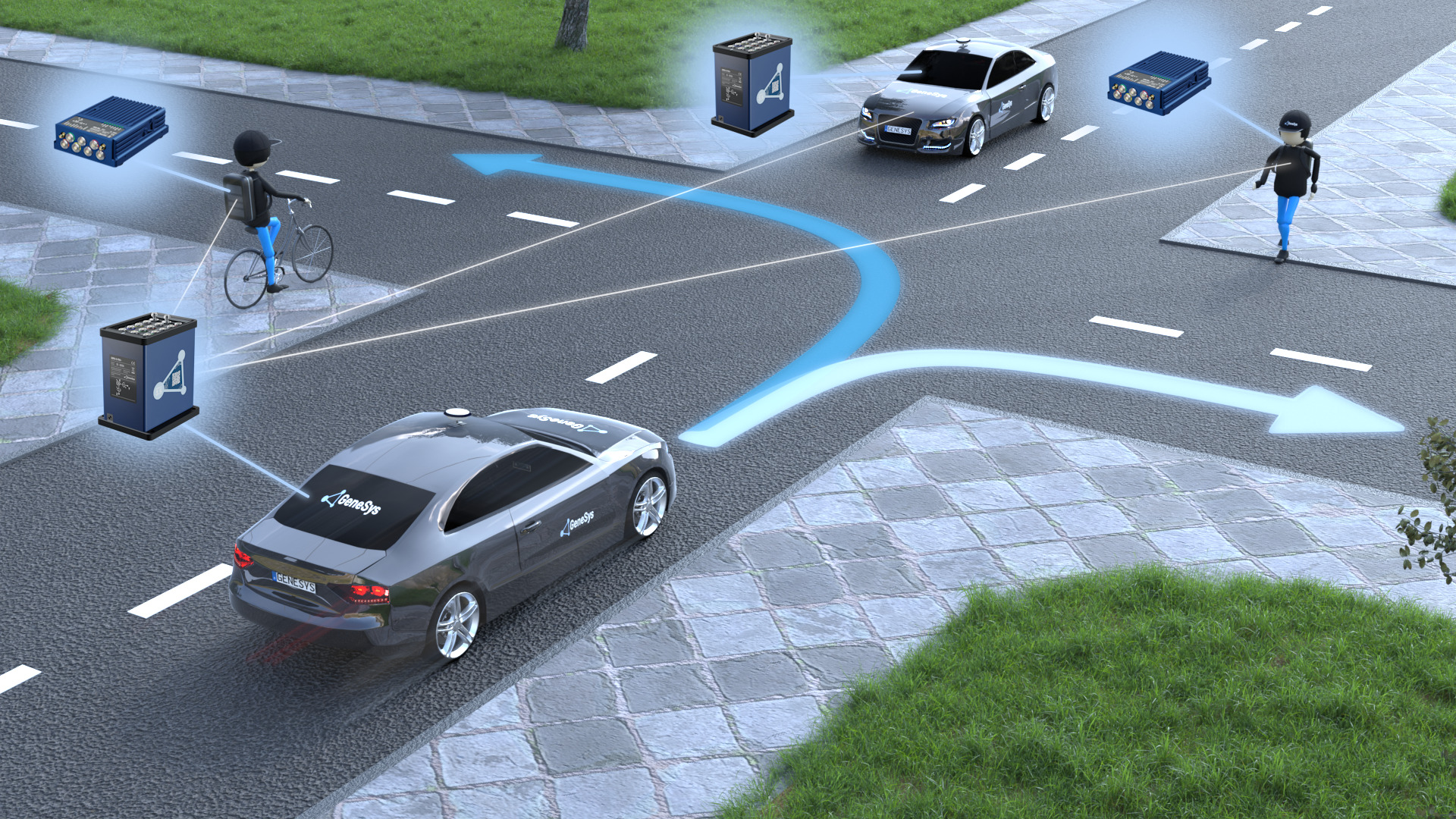ASTM D4169 Transportation Simulation ADAS Sensor Testing
The ASTM D4169 Transportation Simulation ADAS Sensor Testing service is a critical component in the development and validation of advanced driver-assistance systems (ADAS) within the automotive sector. This service ensures that sensors used in autonomous vehicles meet stringent standards for performance, reliability, and safety under real-world conditions. The ASTM D4169 protocol provides a standardized method to simulate various traffic scenarios, road conditions, and environmental factors that can affect sensor performance.
The testing process involves subjecting ADAS sensors to controlled environments that mimic the challenges faced by vehicles on public roads. This includes simulating lighting conditions, weather patterns, and different types of road surfaces. By using this standardized approach, automotive manufacturers and suppliers can ensure that their systems are robust enough to function safely and effectively in all relevant scenarios.
The ASTM D4169 protocol is based on international standards such as ISO 26262, which sets guidelines for the safety of ADAS systems. By adhering to these standards, we help our clients meet regulatory requirements while also enhancing product quality. Our facility offers state-of-the-art equipment capable of replicating a wide range of scenarios that sensors might encounter during operation.
During testing, we carefully prepare specimens by calibrating and configuring the ADAS systems according to manufacturer specifications. This preparation ensures accurate results that reflect real-world performance accurately. Once calibrated, these systems undergo rigorous simulation tests designed to evaluate their ability to detect objects, pedestrians, cyclists, and other vehicles effectively.
The ASTM D4169 protocol emphasizes the importance of sensor accuracy in critical situations where even minor errors could lead to dangerous outcomes. Therefore, our testing focuses on evaluating how well each system performs across various lighting conditions, including daytime, dusk, night-time, and poor visibility scenarios. We also assess systems' response times when detecting obstacles or other vehicles suddenly appearing ahead.
Our laboratory uses advanced instrumentation capable of measuring key performance indicators such as detection range, resolution, field of view (FOV), and signal-to-noise ratio (SNR). These metrics are crucial for determining whether a system meets industry expectations regarding safety and efficacy. Additionally, we analyze data collected during testing to identify any potential weaknesses or areas requiring improvement.
Following completion of the ASTM D4169 Transportation Simulation ADAS Sensor Testing process, our team provides comprehensive reports detailing every aspect of each test run. These detailed reports serve multiple purposes: they inform manufacturers about strengths and weaknesses in their products; assist quality managers in identifying opportunities for enhancement; support compliance officers during regulatory audits; and guide R&D engineers in refining future iterations.
By leveraging the ASTM D4169 protocol, our clients gain access to a robust platform for ensuring high-quality ADAS sensor performance. This service plays an essential role in promoting safer autonomous driving experiences by confirming that sensors operate correctly under diverse conditions. As technology continues evolving rapidly within this field, maintaining rigorous testing standards becomes increasingly vital.
Our approach ensures not only compliance with current regulations but also prepares organizations for future challenges associated with increasing complexity in ADAS systems. Through diligent adherence to ASTM D4169 and other relevant protocols, we contribute significantly towards advancing safer and more reliable autonomous vehicle technology.
Benefits
- Compliance with International Standards: Ensures adherence to ASTM D4169 and related international standards such as ISO 26262, enhancing product safety and regulatory compliance.
- Enhanced Product Quality: Identifies potential issues early in the development process, allowing for timely corrections before mass production begins.
- Rigorous Evaluation: Simulates real-world conditions to accurately assess sensor performance in various scenarios, ensuring reliable operation under challenging circumstances.
- Data-Driven Insights: Provides detailed reports and metrics that inform quality managers about strengths and weaknesses in their products.
Customer Impact and Satisfaction
The ASTMD4169 Transportation Simulation ADAS Sensor Testing service has a direct impact on customer satisfaction by ensuring that advanced driver-assistance systems (ADAS) perform reliably under diverse real-world conditions. By providing detailed insights into sensor performance, we help our clients identify any shortcomings or areas for improvement.
Our comprehensive reports offer valuable information to quality managers and R&D engineers, supporting their efforts in refining future iterations of these systems. This service not only enhances product quality but also supports compliance during regulatory audits while offering reassurance to customers who value safety above all else.
Through diligent adherence to ASTM D4169 and other relevant protocols, we contribute significantly towards advancing safer and more reliable autonomous vehicle technology. Our approach ensures not only compliance with current regulations but also prepares organizations for future challenges associated with increasing complexity in ADAS systems.
Competitive Advantage and Market Impact
The ASTMD4169 Transportation Simulation ADAS Sensor Testing service plays a crucial role in promoting safer autonomous driving experiences by confirming that sensors operate correctly under diverse conditions. By leveraging this standardized approach, our clients gain access to a robust platform for ensuring high-quality ADAS sensor performance.
This service contributes significantly to market competitiveness by demonstrating commitment to safety and reliability through rigorous testing and evaluation. Meeting these high-quality benchmarks can enhance brand reputation among consumers seeking trustworthy autonomous vehicle technology, thereby improving overall customer satisfaction and loyalty.
As the automotive industry continues evolving rapidly within this field, maintaining stringent testing standards becomes increasingly vital. Through our expertise in ASTMD4169 Transportation Simulation ADAS Sensor Testing, we help organizations stay ahead of the curve, ensuring they remain at the forefront of innovation while upholding the highest standards for safety and performance.





